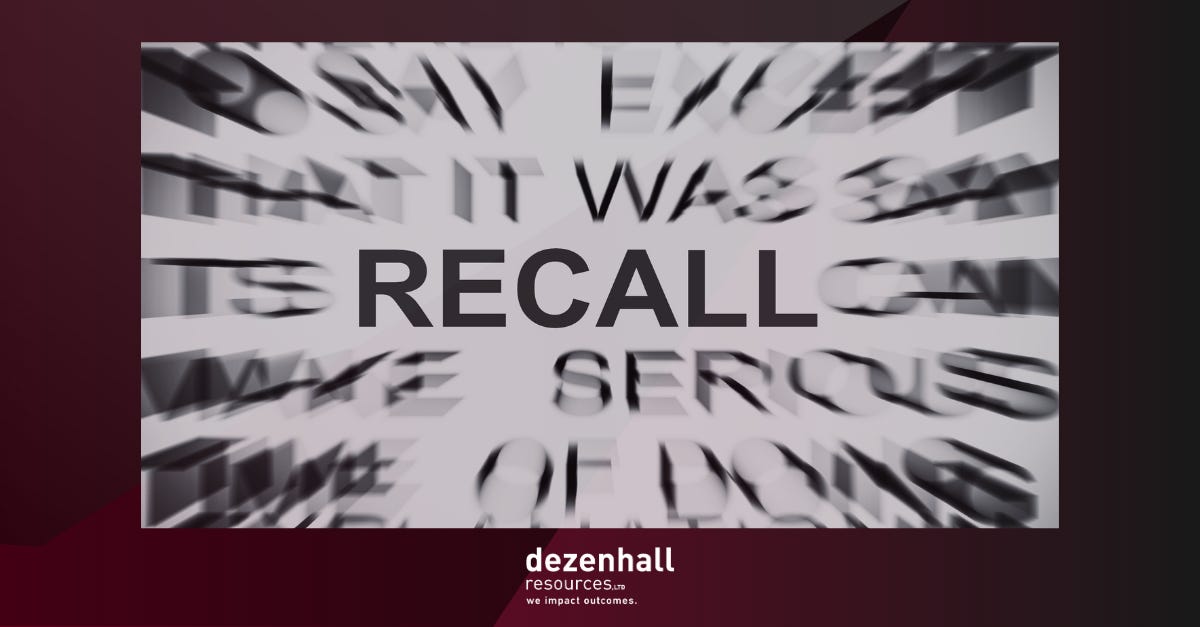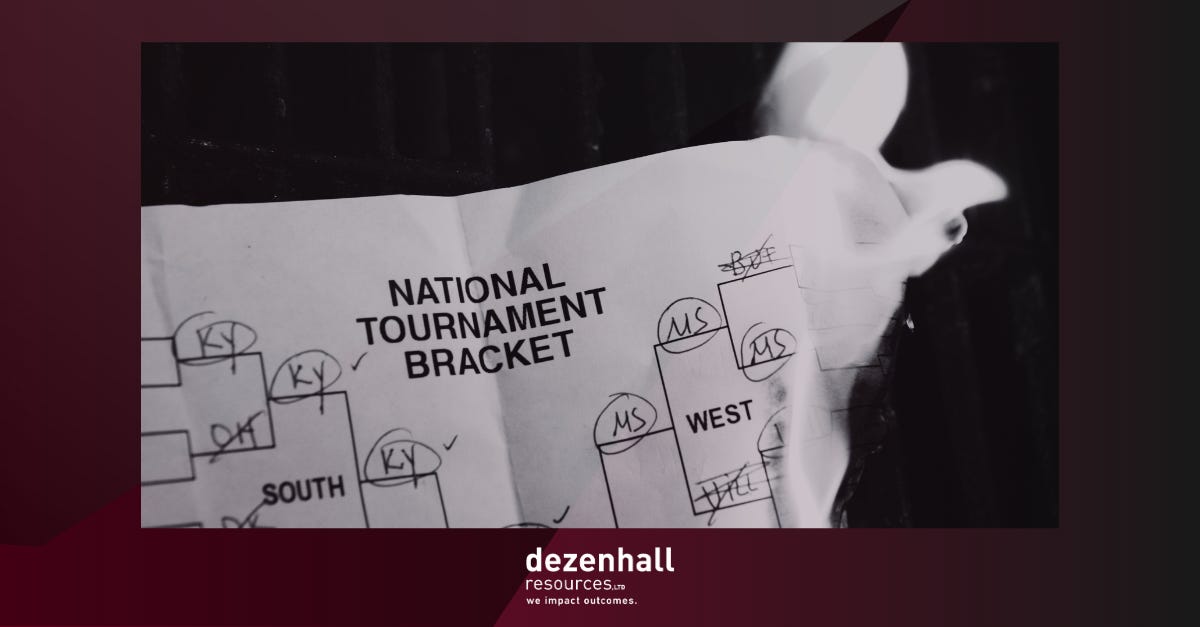 Lunchmeat Lessons – Boar’s Head Listeria Outbreak
Lunchmeat Lessons – Boar’s Head Listeria Outbreak 

Rule number one of fight food club is don’t poison your customers. Run a clean operation, address safety challenges quickly, do your own testing regularly, and continually work to improve your processes and facilities to ensure you don’t endanger your employees or your customers.
However, product recalls happen. That’s why there are clear regulatory, operational, and consumer notification processes to address recalls of all shapes and sizes. Making the damage and disruption from a product recall as minimal as possible can be accomplished – unfortunately, that is not Boar’s Head’s story.
The Boar’s Head listeria outbreak led to nine deaths and numerous hospitalizations and underscores the importance of effective recall management and communication. What started as a potentially manageable issue quickly escalated into a major crisis with the most dire of consequences for customers and long-term operational, reputation and legal challenges for the company.
There is no PR-ing your way out of a food recall. “Operations must drive communications” is something you hear from me often. It’s not some trite trope, and nowhere is it truer than in a food recall. You cannot put lipstick on Listeria.
While I have no inside knowledge of what happened at Boar’s Head, I suspect in an effort to avoid massive operational disruption and loss of revenue they limited the initial scope of their recall. Rather than shut down the facilities likely responsible for the contaminates to fully clean, test, fully clean again, test again, etc. until achieving a clean bill of health, they likely spot cleaned instead to get things back up and running quickly.
Whatever steps they took, there were major missteps, and it’s too late for Boar’s Head to hit rewind now. For others who want to learn from their mistakes, here are some practical tips to successfully navigate a product recall.
1. Acknowledge the Reality. Boar’s Head initially tried to downplay the outbreak, which only made the crisis worse. When facing an operational problem, you need an operational solution commiserate with the reality you are facing. While it’s not always necessary to communicate or publicly address the full scope of the problem – due to trade secrets, time, regulatory requirements, etc. – organizations must fully acknowledge their challenge and work to find short- and long-term solutions as quickly as possible. Minimizing the issue only delays necessary actions, and typically worsens public perception and other adverse outcomes like lawsuits.
2. Take Decisive Action, Quickly. Boar’s Head faced backlash for its slow response. When it comes to food recalls, faster is always better. While it’s easy to sit on the sidelines and say a company is moving too slow, in this case it’s hard to refute the evidence.
The last food recall I worked on, when the client called us at hour four of an indication of a contaminant, the client’s internal supply chain team was already in the field, testing and tracking, ready to report out next steps at hour six. Did they have all of the answers yet? Absolutely not. Were they moving as quickly and decisively as possible to get them and determine the next steps? Yes.
Immediate action is always preferable, though it’s not always possible. So, decisive action is the name of the game, when critical and credible problems arise. Delays in initiating a recall can lead to severe health impacts, damage to your brand’s reputation, and often cost more in the long run. I am not saying just do something for the sake of doing something but during a crisis there is no time for the operational team to get caught up in bureaucratic and approval by committee processes.
3. Be Proactive, Implement Real Change. Most companies in the commercial consumables industry are continually working to improve health and safety standards and protocols. Boar’s Head doesn’t seem to be most companies in this case.
Inspectors noted recurring issues at Boar’s Head’s Virginia plant well ahead of the outbreak. While it may be tempting to ignore these issues based on cost or fear of bad publicity, ignoring the problems ends up being more expensive in the long run. Proactive maintenance and oversight help avoid crises before they occur.
Boar’s Head did not address persistent issues like mold and pests that were found in their processing plant. That being the case, there is no other solution than to literally fix what’s broken, do a thorough review to fully understand everything that needs to be fixed and fix it – some changes might come right away, some over time, but all are essential to prevent history repeating itself and to ensure long-term safety and sustainability for the organization.
If a company doesn’t implement real change, consumers are smart and can tell when they’re being served platitudes instead of actual change. See aforementioned “there is no PR-ing your way out of a food recall.”
It should go without saying, but I’ll say it just in case – don’t lie in a recall (or really any crisis), especially to reporters. Of course, there are things you can’t say, that’s the thing – just don’t say them. If an organization or executive speculates, guesses or outright pedals falsehoods, it will come out and it will likely be worse than taking it on the chin in the moment.
While product recalls happen, what happened at Boar’s Head is horribly sad and was avoidable. Will Boar’s Head survive? Probably, but the challenges for the organization are significant, costly, and will take a long time to fully manage.


